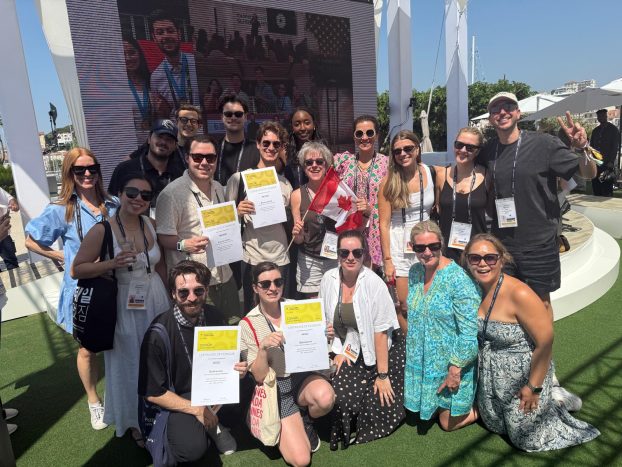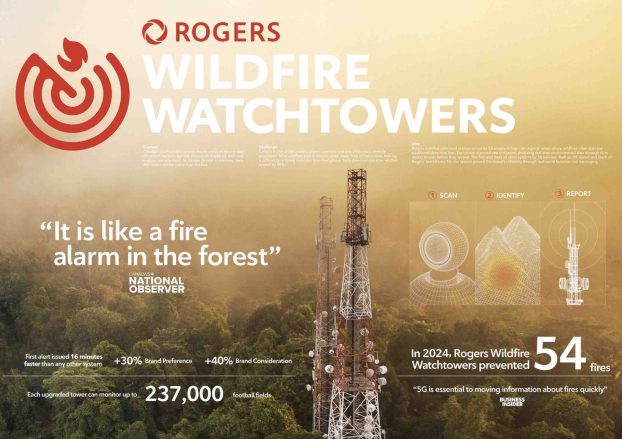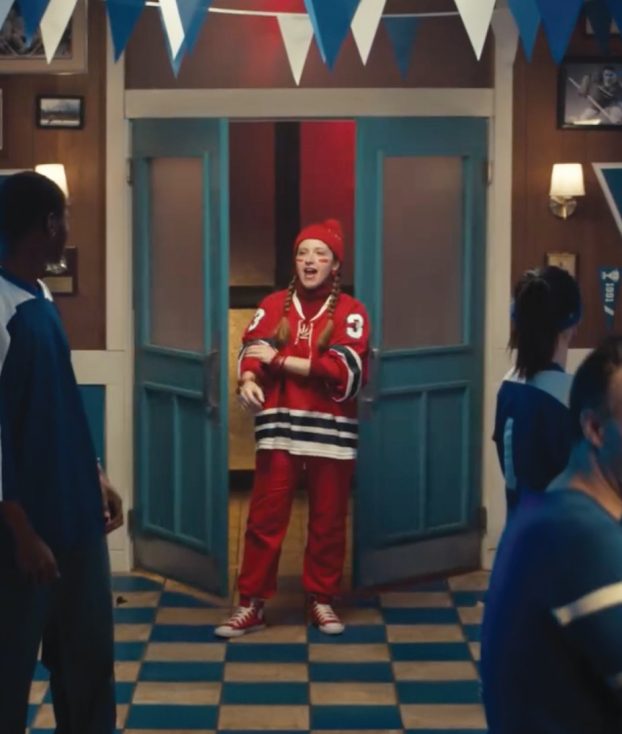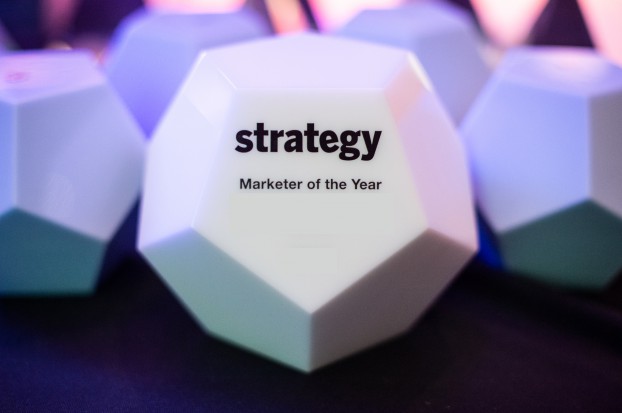As resurrections go, it doesn’t quite rank with the Second Coming. But by the standards of the promotional business, it’s pretty significant.
The Pepsi Taste Challenge, a program offering consumers the chance to win prizes in exchange for taking a blind taste test, was first introduced to Canada in 1978. It ran until 1995, when Pepsi-Cola Canada shelved it in favour of Pepsi Stuff, a retail-focused promotion in which participants could collect points redeemable for Pepsi merchandise.
"We were looking for a new opportunity to connect with the consumer through retail, and we decided that this is the way we should go," says Richard Burjaw, director of marketing for the Mississauga, Ont.-based beverage company.
Last summer, however, Pepsi brought back the Taste Challenge, rolling it out in Ontario, Alberta and British Columbia. So enthusiastic was the consumer response that the company decided to expand it this year, adding the Diet Pepsi Taste Challenge, which will run in Ontario and the Atlantic provinces.
Consumers who participate earn a shot at prizes that range from free Chupa Chups lollipops to Sony DiscMan CD players. Everyone who takes the taste test also receives a Pepsi Taste Challenge Card, good for discounts at
Famous Players, Playdium, KFC, New York Fries and Music World.
The Pepsi Taste Challenge is that most coveted of commodities in the promotional world: the hardy perennial. That is to say, it’s a program so powerful in its appeal that it can stand the test of time, returning year after year.
Properties like this are "the nirvana" of the sales promotion business, says Rick Shaver, vice-president of Toronto-based Encore Encore Strategic Marketing. "If you can find one that achieves the business objectives and catches the imagination of the consumer, then you hang onto it, repeat it and reap the rewards."
There are a great many factors that determine whether a promotional program has long-term potential. Strong brand equity is particularly key.
That’s certainly what accounts for the longevity of the Pepsi Taste Challenge, Burjaw says.
"The Pepsi brand is all about choice," he says. "And that’s what this promotion is all about. It’s successful because it reinforces what’s key to the brand." It also helps that Pepsi essentially "owns" the competitive taste-testing concept, having pioneered it back in the 1970s.
If there’s a challenge associated with this kind of long-term promotion, Burjaw says, it’s finding a way to keep it fresh. To this end, Pepsi works closely with its program partners to come up with new prize offerings that will capture the imagination of consumers.
Another promotion that has demonstrated remarkable staying power is the annual Robin Hood Baking Festival, now 18 years old and counting.
Each year, to promote its Robin Hood flour, Markham, Ont.-based Robin Hood Multifoods distributes 500,000 recipe books through grocery stores, and places another two million copies in consumer magazines such as Canadian Living, Reader’s Digest, Chatelaine and Elm Street. The program, which entails a contest as well, runs from September through December.
The purpose of the Baking Festival is two-fold, says Jim Coles, product manager for flour with Robin Hood Multifoods.
Goal number one is to capture the attention of the brand’s target – primarily women with families. "We want to be in the consumer’s face as much as possible, and just being on the shelf isn’t enough," he says.
At the same time, the company also wants retailers to devote as much floor space to the brand as possible during the key baking season. In the course of the Baking Festival, Robin Hood displays typically appear in as many as 1,500 stores across the country.
The program is a hit with retailers, Coles says, because they recognize that it generates revenue.
"If they know they can draw customers to one area of the store to pick up a bag of flour, and that they’ll also pick up raisins, nuts and all those other things that go with it, then they’re amenable to putting up a display," he says.
The Festival truly is "one of the pre-eminent merchandise-based promotional events in Canada," says Hy Haberman, senior vice-president of Richmond Hill, Ont.-based Vectra Marketing Group, which works with Robin Hood on the program. "There’s really not many of this size and scope that have been going on this long."
As with the Pepsi Taste Challenge, one of the imperatives is to keep the program from going stale. Coles says the Baking Festival recipe book has evolved steadily over time, with the introduction of new recipes to reflect ever-changing consumer tastes.
So why aren’t there more long-running promotions like these out there?
Much of it comes down to the willingness of clients to commit the kind of dollars necessary to develop such a property, says Peter Osicka, president of Mississauga, Ont.-based Opticom Promotion Group. A fully integrated, large-scale promotion demands considerable advertising support, which in turn dictates a substantial media buy, he says.
Still, a promotional program with staying power can pay for itself over time. The first year is generally the most expensive, says Chris Legein, president of Toronto-based Mosaic Marketing and Promotions. But from year to year, as the program builds equity and the organization acquires proficiency in execution, it should actually become cheaper to run.
Haberman agrees. Multi-year promotions create a lot of efficiencies, he says, because a company can work within a pre-existing structure, rather than having to reinvent the wheel every year.
Another obstacle to the development of long-term properties is the industry’s own appetite for novelty. Marketers can be so bent on tantalizing consumers with something new, Shaver says, that they sometimes kill successful promotions before their time, thereby passing up the advantages of having a proven revenue-generator in one’s marketing arsenal.
Long-running promotions, of course, are not without their potential drawbacks. In some instances, Legein says, a program can prove so successful that it starts to overshadow the brand itself. That’s an eventuality that promotional marketers must always guard against, he cautions.
Also in this report:
– Gillette scores with Cavalcade of Sports: First introduced long-running program in ’71 p.21
– Roll up the Rim major player for Tim Hortons: Long-running promo offers chance to win with every coffee purchase p.22
– Coffee cup promo spawns imitators p.23




























